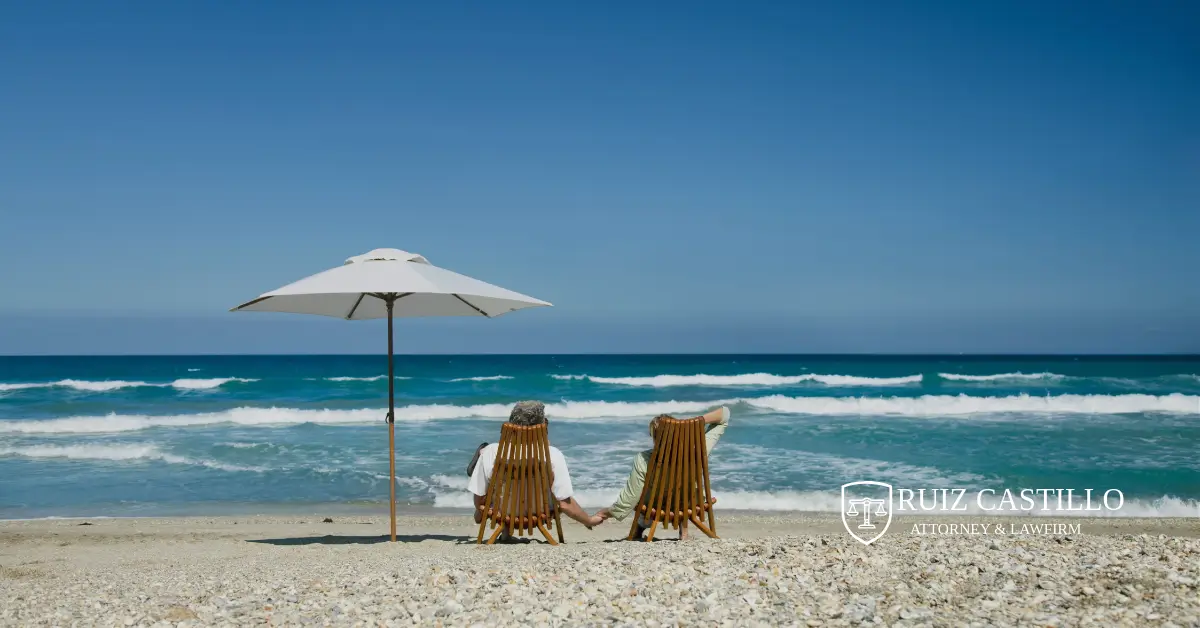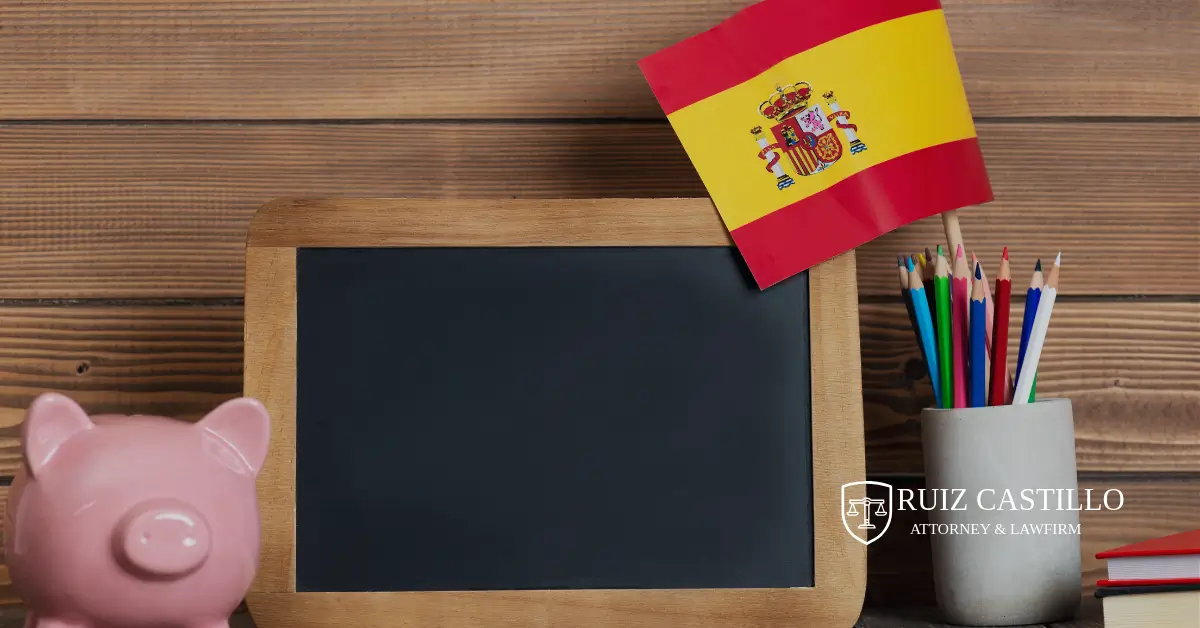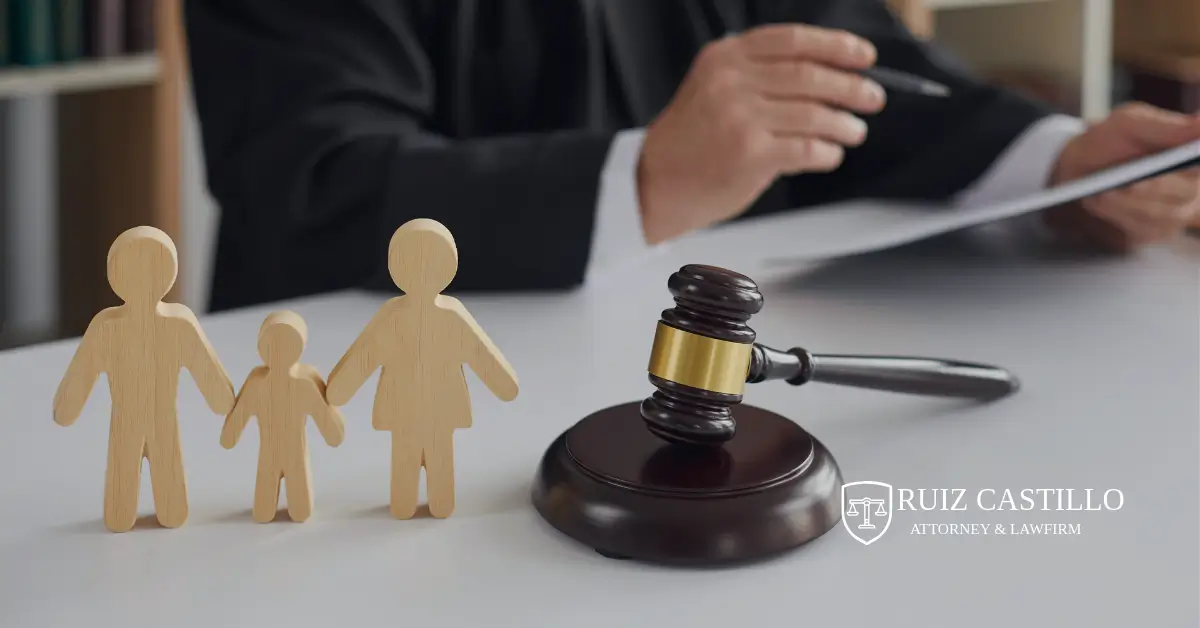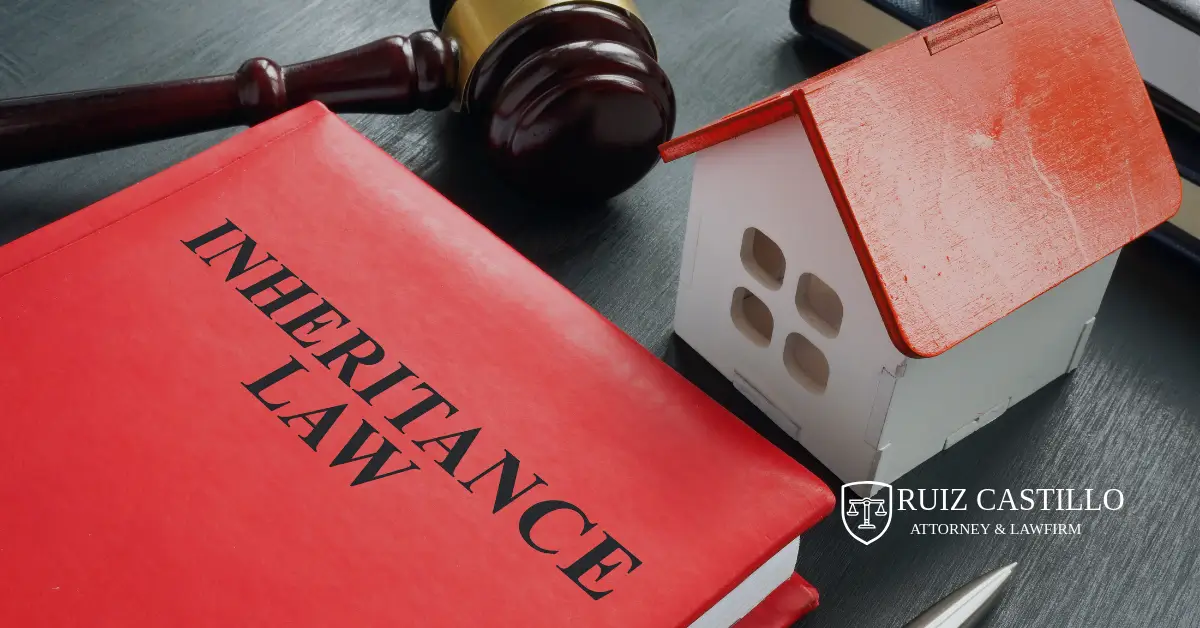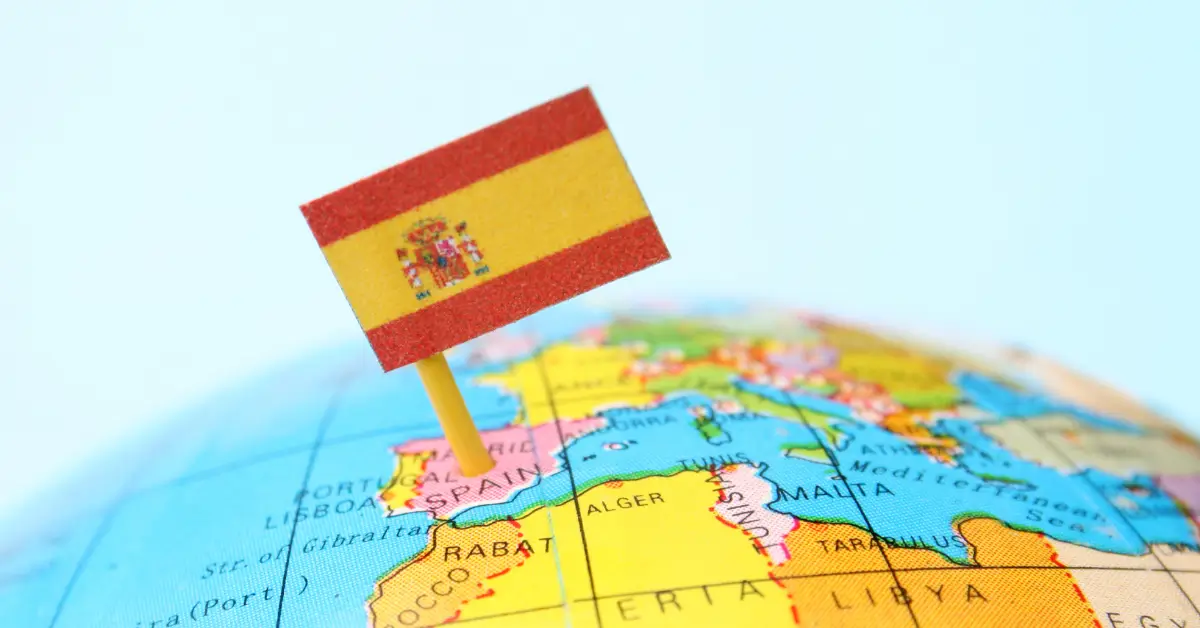
Buying property in Spain can be a rewarding investment, but it involves a series of legal steps that must be carefully followed to ensure that the transaction is secure and compliant with Spanish law. Whether you are purchasing a home for personal use or as an investment, understanding the process can help you avoid potential […]
Happy clients
Experience
Masters degrees
Buying property in Spain can be a rewarding investment, but it involves a series of legal steps that must be carefully followed to ensure that the transaction is secure and compliant with Spanish law. Whether you are purchasing a home for personal use or as an investment, understanding the process can help you avoid potential complications. This guide walks you through the legal procedures, from the initial property search to the final registration of ownership, providing essential information to make your property purchase as smooth as possible.
Read my in-depth article about buying and owning property in Spain as a foreigner.
The journey to owning property in Spain begins with finding the right property. Spain offers a variety of options, from bustling city apartments to coastal homes and countryside retreats. During the property search, it is important to consider not just the location and price, but also the legal aspects of the property. This includes ensuring the property has a clear legal title and no outstanding debts or legal issues.
One of the first things to take care of when buying property in Spain is obtaining a Número de Identificación de Extranjero (NIE). The NIE is a tax identification number that is required for all economic transactions in Spain, including property purchases. Without an NIE, you cannot legally buy property in Spain. Therefore, it’s essential to apply for it early in the property search process.
Read my in-depth article about the NIE and its importance in Spanish property transactions.
If you need assistance obtaining your NIE, I, José María Ruiz Castillo, can help you navigate this process, ensuring everything is completed correctly and efficiently, so your property purchase is not delayed.
Once you have identified a property, hiring a lawyer to perform due diligence is crucial. This legal process involves verifying the property’s legal status and ensuring that there are no hidden issues, such as unpaid debts, mortgages, or ownership disputes. Your lawyer will also obtain a Nota Simple from the Land Registry, which provides detailed information about the property, including its ownership and any charges or encumbrances.
As your legal representative, I, José María Ruiz Castillo, will ensure that due diligence is thoroughly completed, protecting you from any legal complications. Contact me directly to handle all the necessary checks and guide you through this important stage.
After the due diligence process is complete, the next step is to sign the Escritura Pública, which is the public deed that finalizes the property transfer. This document is signed before a notary, who plays a vital role in the transaction by verifying the identities of both parties and ensuring that the sale meets all legal requirements.
The notary also confirms that the property is free from legal disputes and ensures that both the buyer and seller agree to the terms of the sale. The signing of the Escritura Pública is essential because it formalizes your ownership of the property, making the transaction legally binding.
After the Escritura Pública is signed, a few more steps remain to complete the purchase and secure your legal ownership of the property.
Once the public deed is signed, the property must be registered at the Land Registry (Registro de la Propiedad). This step is essential to protect your rights as the legal owner of the property. Registration ensures that your name is officially recorded, and it safeguards you from any potential third-party claims on the property.
Without registering the property, you may face legal disputes or challenges to your ownership. I can assist you with the Land Registry process, ensuring that your property is properly registered and that your ownership rights are fully protected.
When purchasing property in Spain, several taxes need to be considered. These include:
Tax rates can vary by region, so it is important to understand the specific tax obligations for the property you are purchasing. I can provide you with detailed information on the taxes applicable to your purchase to help you plan your budget accurately.
In addition to taxes, several fees are associated with purchasing property in Spain. These include:
Being aware of these fees and including them in your financial planning will ensure that there are no surprises after the transaction is complete. If you have questions about the costs involved, I can provide clear and detailed estimates to help you prepare.
Read my in-depth article about the Spanish property taxes and what homeowners need to know.
Purchasing property in Spain involves several important legal steps, from conducting due diligence to signing the Escritura Pública and registering your ownership at the Land Registry. It’s also important to budget for additional taxes and fees, including transfer tax, VAT, and notary fees, which can add up to 10-15% of the property’s purchase price.
By following these steps and ensuring that all legal requirements are met, you can make a secure and informed investment in Spanish property. If you’re ready to buy property in Spain, I, José María Ruiz Castillo, am here to provide you with expert legal assistance and guide you through every stage of the process. Contact me directly to ensure that your property purchase is legally sound and financially secure.


